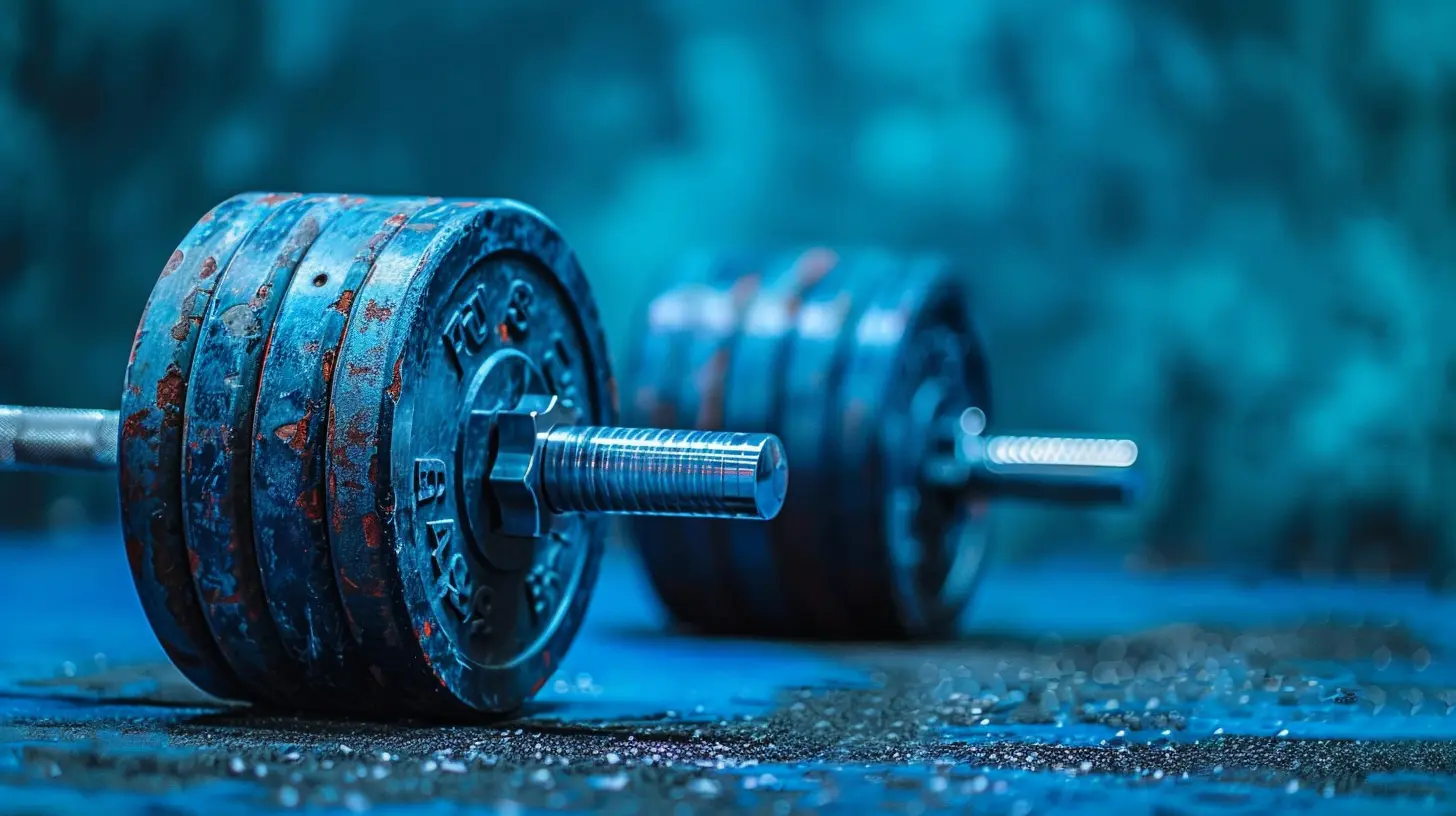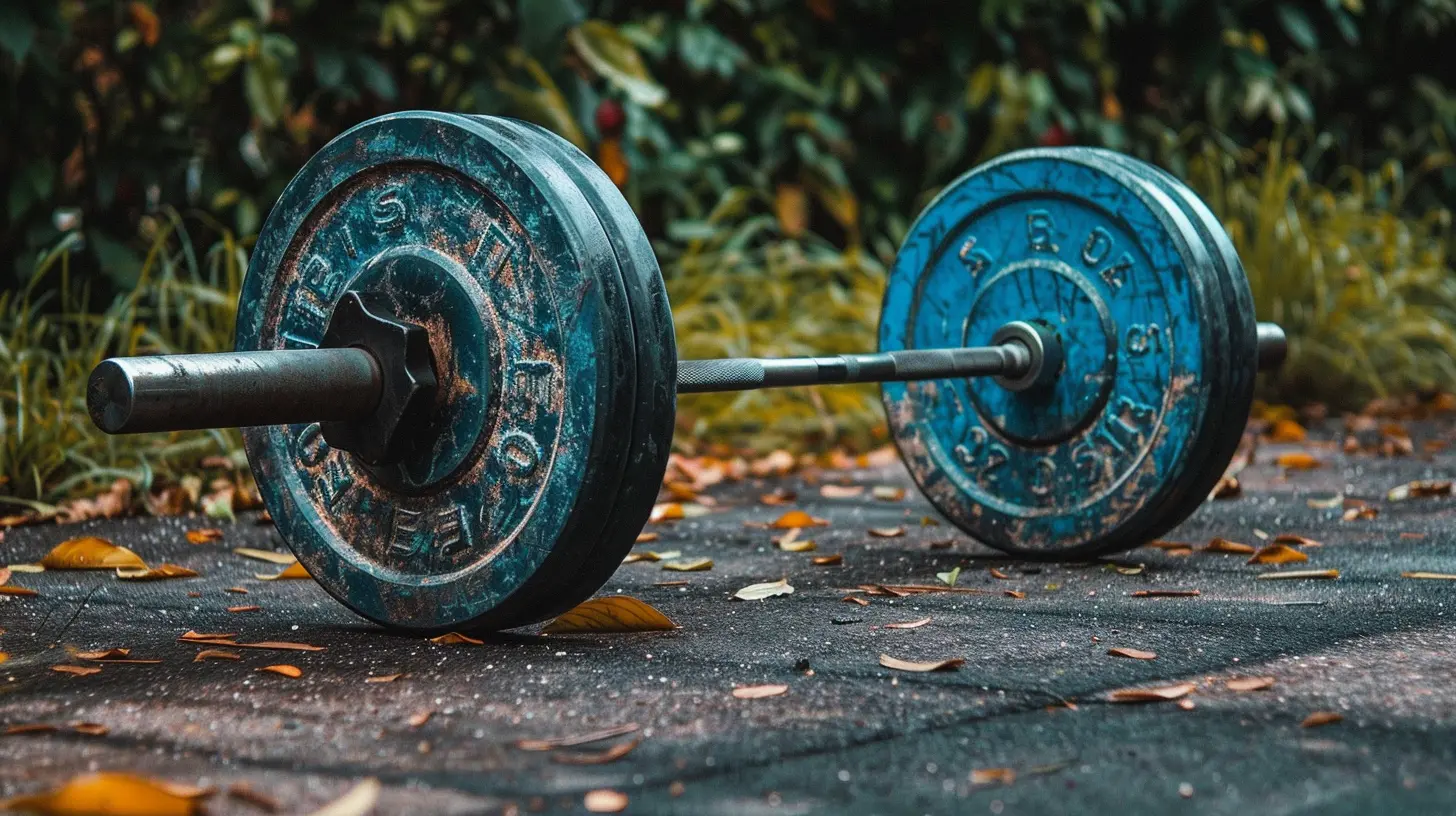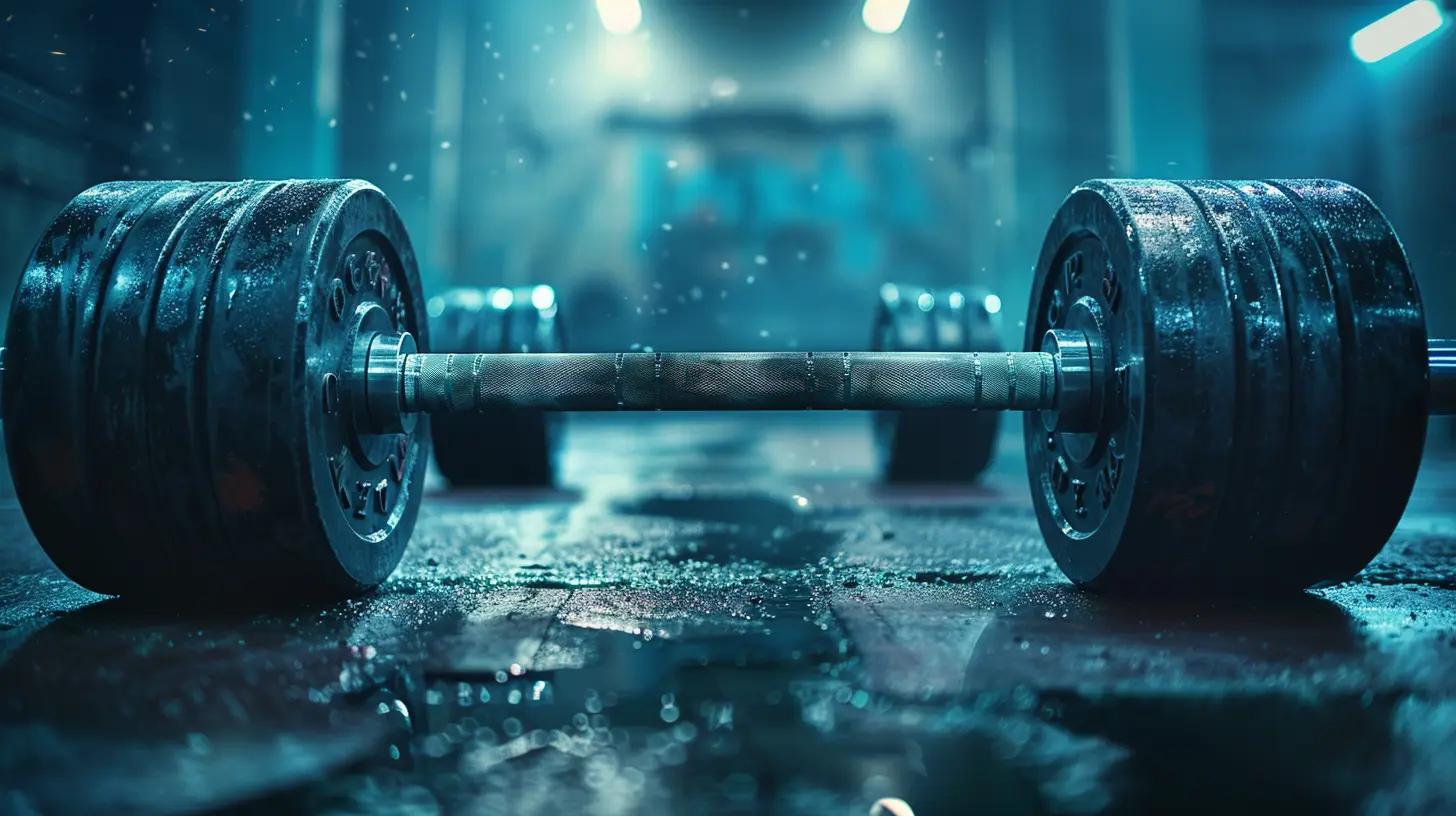The Role of Rest and Recovery in Strength Training Success
30 July 2025
When we talk about strength training, our minds often go straight to heavy barbells, squat racks, and grueling workouts that leave us sweaty and sore. But here’s something many people overlook — the role of rest and recovery. Without these two key ingredients, all your hard work in the gym could go to waste. Seriously, think of rest and recovery as the unsung heroes in your fitness journey. They’re the behind-the-scenes MVPs quietly helping your muscles grow, your body heal, and your performance skyrocket.
In this post, we’re going to dive deep into why rest and recovery aren’t just “nice-to-haves” — they’re absolutely essential for strength training success. Whether you're a seasoned lifter or just starting out, this guide will help you understand how smarter recovery can lead to better gains.
What Is Rest and Recovery, Anyway?
Before we get into the nitty-gritty, let’s clear up some confusion.- Rest refers to the time you're not exercising. This includes everything from your sleep at night to rest days where you skip the gym altogether.
- Recovery is a bit broader. It includes rest, but also things like proper nutrition, hydration, stretching, foam rolling, and active recovery (like light walking or yoga).
They're different, but they work together like peanut butter and jelly — complementing each other for optimal results.
Why Rest Is Non-Negotiable
Let’s get one thing straight — your muscles don’t grow in the gym. They grow after the gym, while you're resting.Your Muscles Need Time to Rebuild
When you lift weights, you're causing tiny tears in your muscle fibers. This isn't a bad thing — it's how muscle growth happens. But for those fibers to rebuild and grow stronger, they need time off. If you're constantly breaking them down without giving them time to rebuild, you're just spinning your wheels.Think of it like planting a seed. You can't keep digging it up if you want it to thrive — you’ve got to let it sit, absorb nutrients, and grow.
Overtraining Is Real — And Brutal
Ever felt constantly tired, moody, or unusually sore for days on end? You might be overtraining. It's your body’s way of waving a red flag, asking for a break. Overtraining doesn’t just stall progress — it can lead to injuries, hormonal imbalances, and a serious dip in motivation.In short: train hard, rest harder.
The Science Behind Recovery
Alright, let’s geek out for a sec (but not too much).Hormonal Help
When you rest, your body produces crucial hormones like growth hormone and testosterone that play a key role in muscle repair and growth. These hormones peak during deep sleep, so if you’re skimping on shut-eye? You’re leaving gains on the table.Reducing Inflammation
Intense workouts cause inflammation — it’s part of the process. But you need recovery to bring that inflammation down. Chronic inflammation from overtraining can mess with everything from joint health to immune function. Yikes.Nervous System Recharge
Strength training isn’t just a muscular challenge — it’s also neurological. Your central nervous system (CNS) takes a hit during heavy lifting. Giving it time to recover helps improve coordination, focus, and mind-muscle connection. No one wants to feel like a zombie underneath a barbell.
Active vs. Passive Recovery
Not all rest looks the same. Sometimes, sitting on the couch is exactly what you need. Other times, a gentle walk or yoga session can actually speed up your recovery.Passive Recovery
This is your total rest — think Netflix marathons, lounging, and (most importantly) sleep. Passive recovery is necessary when your body is really worn down or you're hitting a deload week.Active Recovery
This includes light movement like walking, stretching, swimming, or even a relaxed bike ride. It boosts circulation, helping deliver nutrients to your muscles and flushing out waste products. Think of it as low-intensity TLC for your hard-working body.How Much Rest Do You Really Need?
Ah, the million-dollar question. The truth? It depends.Per Muscle Group
A general rule of thumb — give a muscle group at least 48 hours before training it again. So, if you blasted legs on Monday, don’t come back for more until Wednesday at the earliest.Full Rest Days
Most people benefit from 1-3 rest days per week, depending on their training intensity. You’re not being lazy — you're being smart.Sleep Matters More Than You Think
You need your 7-9 hours a night. Sleep is when the magic happens — muscle repair, hormone regulation, even mental reset. Cut it short? You're cutting your results short too.The Role of Nutrition in Recovery
You can’t out-train a bad diet…and you can’t recover properly without the right fuel.Protein: The Building Block
Aim for 0.8 to 1 gram of protein per pound of body weight especially if you’re lifting heavy. Your muscles are literally built from amino acids — skimping on protein is like trying to build a house without bricks.Carbs Are Your Friend
Carbohydrates help replenish spent glycogen stores and aid in recovery. Don't fear them — especially after a tough training session.Don’t Forget Fats
Healthy fats help reduce inflammation and support hormonal balance — both crucial for recovery.Hydration = Healing
Even slight dehydration can mess with performance and recovery. Aim for at least 3 liters of water per day, more if you're sweating buckets during workouts.Recovery Tools Worth Trying
Not all recovery tools are created equal, but some are definitely worth the hype.Foam Rolling & Stretching
Foam rolling helps release muscle knots, improves mobility, and gets blood flowing. Stretching helps maintain flexibility and reduces the chance of injury.Massage Guns
They’re trendy, they’re loud, but they can work wonders on sore muscles.Compression Wear
These can aid circulation and reduce post-workout soreness. They're not magic, but they can help on high-volume training days.Epsom Salt Baths
The magnesium in Epsom salts can relax muscles and promote recovery while giving you a moment to decompress. Light candles, play music — make it a whole vibe. You earned it.Mental Recovery Is Also a Thing
It’s not just your muscles that need a break — your mind does too.Avoid Burnout
Too much pressure, constant focus on “gains,” and zero downtime can lead to mental fatigue or even burnout. You’re not a machine. You’re a human.Take Breaks from the Grind
Rest days are a great time to catch up on hobbies, spend time with loved ones, or just be. Let your mind wander. You'll come back to the gym sharper and more motivated.Signs You're Not Recovering Well
How do you know if you're not getting enough rest? Here are some red flags:- You're always sore — like, always
- Your workouts feel harder than usual
- You're not making progress
- You can’t sleep well
- You’re irritable or unmotivated
- You keep getting sick or injured
If you're nodding your head to any of these, it might be time to pump the brakes and focus more on rest and recovery.
Building a Balanced Training & Recovery Plan
You don’t need to be an elite athlete to benefit from a structured recovery plan.Sample Weekly Split
Let’s keep it simple:- Monday – Upper Body (Heavy)
- Tuesday – Lower Body (Heavy)
- Wednesday – Active Recovery (Yoga or walking)
- Thursday – Upper Body (Hypertrophy)
- Friday – Lower Body (Hypertrophy)
- Saturday – Full Rest or Active Recovery
- Sunday – Full Rest
Adjust based on your goals, but make sure rest is baked in, not an afterthought.
Rest and Recovery Myths Busted
Let’s call out a few lies floating around fitness circles:- "More is better" – Nope. More volume without recovery = burnout.
- "Sleep is for the weak" – Actually, sleep is for the strong.
- "I’ll lose progress if I take a day off" – If anything, you’ll gain more by resting properly.
- "Only beginners need rest" – Pros prioritize it even more.
Final Thoughts
Here's the truth most people miss: Gains don’t happen from working out non-stop. They happen from balancing effort with recovery. Think of your body like a battery — you can’t keep running at max capacity without plugging in. Trust that your rest days are just as critical as your workout days. In fact, they might be the secret weapon in unlocking the strength and growth you’ve been chasing.So next time you feel guilty about skipping the gym or sleeping in? Remember — recovery isn’t laziness. It’s strategy.
all images in this post were generated using AI tools
Category:
Strength TrainingAuthor:

Laura Hudson
Discussion
rate this article
1 comments
Heath Henderson
Who knew that napping could be a power move in strength training? It’s like telling your muscles, ‘Hang tight, we’re in recovery mode!’ Remember, even superheroes need their beauty sleep—so lift, snack, and snooze your way to gains!
August 16, 2025 at 4:50 AM

Laura Hudson
Absolutely! Napping plays a crucial role in recovery, allowing muscles to repair and grow stronger. Embrace the power of rest for optimal gains!


